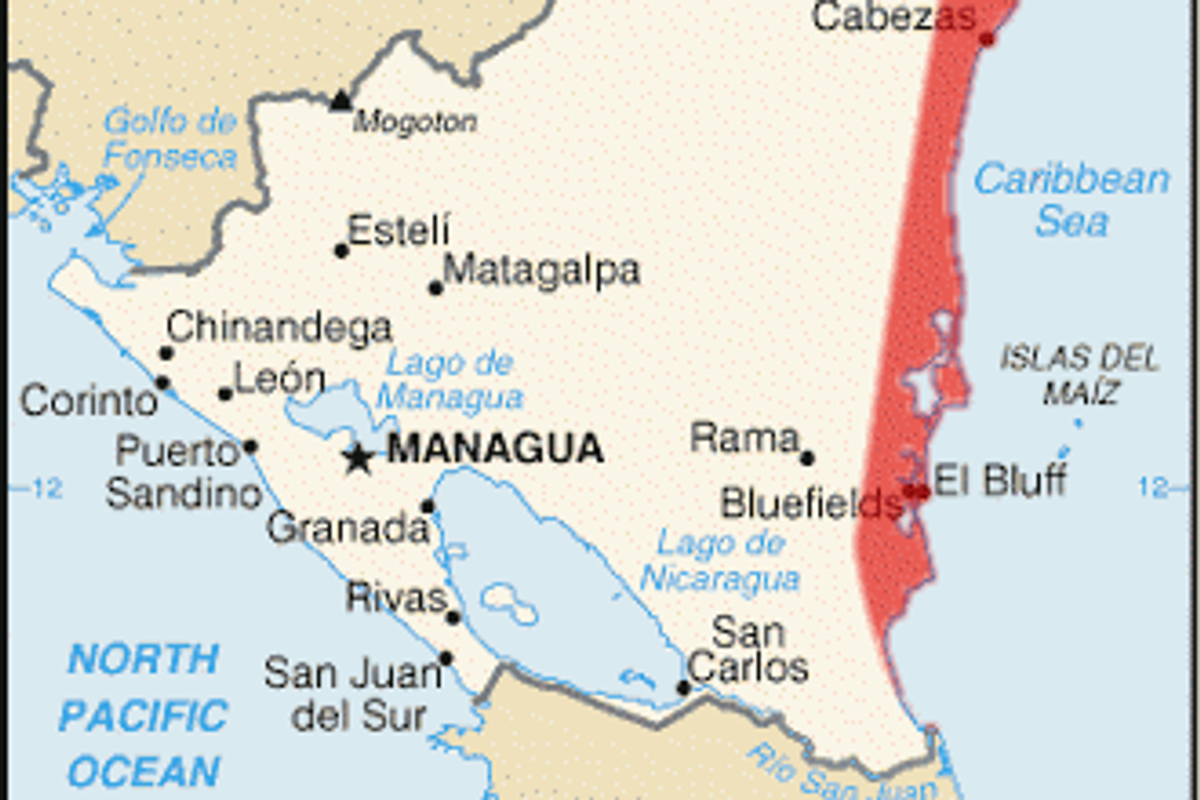Would we feel differently about our bodies if we didn't watch TV? Science seems to think so.
Researchers set out to study this question — and walked away with some really fascinating new data.

Television has a way of tuning off... healthy images.
Do we all, instinctively, find the same types of bodies attractive? Or do TV, movies, and pictures in magazines subtly influence what sorts of bodies we're attracted to?
Researchers at Newcastle University in the U.K. set out to study this question — and walked away with some really fascinating new data.
The question they posed: Do people who have limited access to TV have different beauty ideals than those who watch more frequently?
It's hardly a secret that Hollywood prefers thin. A 2003 study published in the American Journal of Public Health found that female characters who have bigger bodies were few and far between on TV at the turn of the last decade. When they did appear, they were less likely to have romantic partners and "less likely to considered attractive."
Things have improved in recent years but only slightly. And popular reality shows like, "The Biggest Loser" continue to sell the idea that weight loss is the ticket to feeling attractive.
It raises the question: Would we feel differently about our bodies if we didn't watch so much TV? Or if we saw more positive portrayals of people with bigger bodies on the air?
It's really hard to study this because there aren't a lot of places left in the world that don't have access to Western media.

Even most dogs have access to American TV these days.
Image via Pixabay.
In order to get good data, you need to talk to people who not only rarely or never watch TV and movies, but who are hardly even exposed to them and the culture they help generate.
American TV and movies — and locally-produced TV and movies that draw inspiration from our TV and movies — are pretty much everywhere by now.
But there are some. And that's where the researchers went.

A map representing Nicaragua in South America.
Image by DaDez/Wikimedia Commons.
Specifically, they went to the east coast of Nicaragua, which is home to a number of remote villages, some of which have no or only partially electricity.
Researchers found a remote village with little TV access and asked participants there to react to various images of women's bodies of different sizes.

A female Kansas National Guardsman competed in the 2014 Miss America Pageant.
Photo by Staff Sgt. Jessica Barett/Kansas Adjutant General's Department Public Affairs Office.
The subjects were asked to rate each image on a scale of 1 to 5. Their responses were compared with those from an urban area and a similar village that had greater access to broadcast media.
Critically, the two villages chosen were very similar culturally — previous studies have had difficulty separating out media viewing habits from other cultural variables that might account for the difference in how the images were perceived. Standards of beauty vary from culture to culture, including certain cultures that prize fatness (much like the "thin ideal" in the West, this is often similarly harmful to women and girls).
The result? Participants in the village with the least media access preferred bodies with a higher body mass index on average than those in the urban area and more connected village.
There are caveats, of course.
Using BMI to measure normal versus abnormal weight has become increasingly controversial recently. It's also impossible to draw big, sweeping conclusions from a single study.
But it's real data. And it does suggest that perhaps we're not hardwired to find smaller bodies attractive.

Science!
Photo by Amitchell125/Wikimedia Commons.
"Our data strongly suggests that access to televisual media is itself a risk factor for holding thin body ideals, at least for female body shape, in a population who are only just gaining access to television," said Dr. Lynda Boothroyd, senior lecturer in psychology at Durham University and co-leader of the study.
In other words, the more TV we watch, the more we're likely to be attracted to lower-weight bodies. The less TV we watch, the more we're likely to look favorably upon higher-weight bodies.
Most importantly, it's evidence that there's nothing inherently attractive about weighing less, and nothing inherently unattractive about weighing more.
It's just something we made up.

A sunny day captured at Hong Kong Disneyland.
Photo (cropped) by PoonKaMing/Wikimedia Commons.
But the good news is that we can un-make it up.How do we do that? Here's one idea: Let's get more people with more bodies of more shapes and sizes we can get on TV, in movies, and in glossy magazines — giving them real lives, real flaws, real romances, and presenting them, at least every so often, as attractive. Like, you know. Real people.This article originally appeared on 02.26.16- Photographer applied female Photoshop to male actors - Upworthy ›
- Unique traits people find attractive - Upworthy ›
- Millennial women reflect on toxic body standards of the 2000s - Upworthy ›
- Dad praised for calling out his mother-in-law for body shaming his 11-year-old daughter - Upworthy ›
- Ancient Roman men plucked their armpit hair and other grooming facts - Upworthy ›



 Worried mother and children during the Great Depression era. Photo by Dorthea Lange via Library of Congress
Worried mother and children during the Great Depression era. Photo by Dorthea Lange via Library of Congress  A mother reflects with her children during the Great Depression. Photo by Dorthea Lange via Library of Congress
A mother reflects with her children during the Great Depression. Photo by Dorthea Lange via Library of Congress  Families on the move suffered enormous hardships during The Great Depression.Photo by Dorthea Lange via Library of Congress
Families on the move suffered enormous hardships during The Great Depression.Photo by Dorthea Lange via Library of Congress

 Millennial mom struggles to organize her son's room.Image via Canva/fotostorm
Millennial mom struggles to organize her son's room.Image via Canva/fotostorm Boomer grandparents have a video call with grandkids.Image via Canva/Tima Miroshnichenko
Boomer grandparents have a video call with grandkids.Image via Canva/Tima Miroshnichenko
 Classic Film GIF
Classic Film GIF  Oh nothing, just Edyth, Arthur, and Iris hanging out at the park.
Oh nothing, just Edyth, Arthur, and Iris hanging out at the park.
 It helps that Golden Retrievers are notoriously friendly. Photo by
It helps that Golden Retrievers are notoriously friendly. Photo by